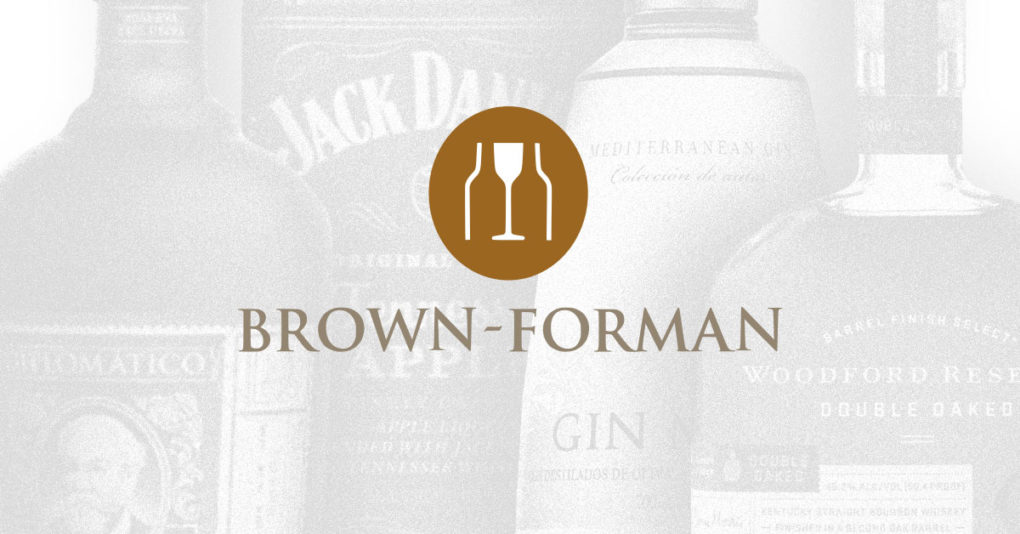Facing pressure from conservative activists online, Brown-Forman has dropped its diversity, equity and inclusion (DEI) policies, following a broader trend of major multinational companies cutting programs created to address systemic inequality in the corporate world.
In a letter to employees on Wednesday, the company stated its intention to stop linking executive incentives to progress on diversity efforts and to rescind DEI goals such as supplier diversity, as well as review its training programs. The letter also stated that the company is ending its participation in the Human Rights Campaign’s Corporate Equality Index survey, an annual ranking of companies with an LGBTQ-friendly work environment.
The letter was first shared on social media platform X by anti-DEI activist Robby Starbuck and confirmed by Brown-Forman in an email to BevNET.
The executive leadership team stated in the letter that since the company launched its diversity and inclusion strategy in 2019, “the world has evolved, our business has changed, and the legal and external landscape has shifted dramatically, particularly within the United States.”
With the new dynamics at play, Brown-Forman adjusted its work to ensure “it continues to drive our business results while appropriately recognizing the current environment in which we find ourselves,” read the letter.
That coded language is likely alluding to the current attacks from conservative groups who are waging social media and legal battles against diversity programs in corporations, schools and higher education. Starbuck claimed yesterday on X that he was planning a social media campaign against Brown-Forman, after successfully pressuring some corporations, including Tractor Supply and Harley-Davidson, to drop their DEI initiatives. Other conservative activists have targeted prominent companies as well as programs for women or under-represented business owners, such as the Fearless Fund.
Just a few years ago, amidst a wave of public outcry against systemic racism and inequality, many spirit companies made commitments to creating inclusive workplaces and sustainable pathways to career advancement, particularly for BIPOC individuals. While Black investors and Black-led business development groups like Pronghorn are helping to scale up beverage businesses, brand owners have also been holding other businesses in the beverage industry accountable for promises made in 2020, when civil rights protests sparked wider conversations around equity and representation in the beverage industry.
Brown-Forman’s pivot mirrors other major players in Bev-Alc that have backed away from addressing diversity in the face of conservative ire. Previously, 10% of short-term compensation for Brown-Forman executives was linked to progress made on DEI goals, according to the company’s 2023 annual report. In January, Brown-Forman said via an email to BevNET that it had set a target for a 25% increase in U.S. representation of key racial and ethnic groups across all management levels by 2030.
The alcohol industry’s 2023 Women Raising the Bar Study showed that the industry still has a long way to go to create systemic change in the industry. The majority of survey respondents believe women and people of historically marginalized identities are underrepresented among their company’s leadership team. Fewer than four in 10 women rated their company’s efforts on retaining a diverse workforce as either good or excellent, while less than half give their company high marks for being able to recruit a diverse workforce in the first place.
